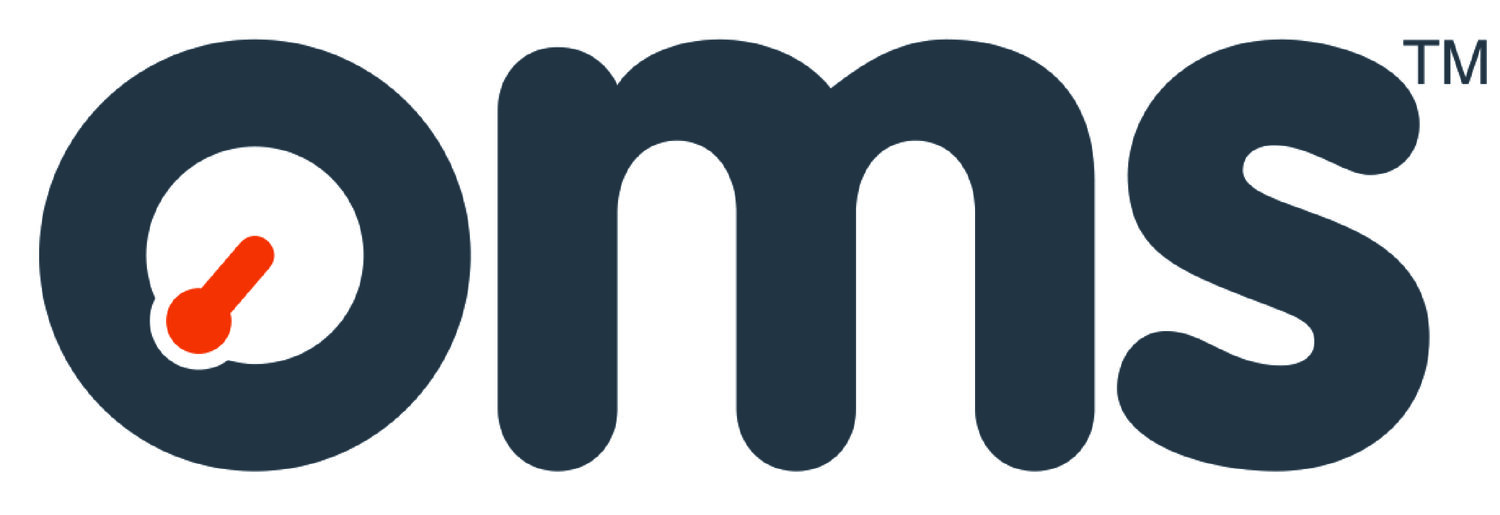The advantages of third-party inspection in the oil and gas industry
High-level risks are associated with the extraction, storage and transportation of oil and gas. Ecological and safety disasters in the past have caused enormous reputational damage to the industry but have led to numerous welcome improvements in inspection requirements and procedures. From vessels to drilling equipment, metal coatings to welds, and storage tanks to pipelines, the complex nature of oil and gas industry projects means that there is a vast quantity of products and systems that must be tested. Regulations are numerous and change constantly, creating a considerable inspection burden for industry companies to manage.
In our experience oil and gas companies are deeply committed to maintaining top quality safety and environmental standards across all aspects of their businesses. We have seen that many are now turning to third-party inspection companies to help them uphold these standards. Why is this?
Increased safety
Third-party inspection companies (TPIs) help oil and gas companies increase safety. Offering highly qualified experts, TPIs have access to industry specialists across the globe. They have access to the latest technology and authoritative knowledge of the most recent inspection standards and regulatory changes. TPIs offer expertise that can help oil and gas companies improve and refine their safety processes. Their specialist knowledge can help companies spot potential issues before they become a problem. If brought in at the start of a project, TPIs will analyse risk and identify issues from the beginning, thus decreasing risk in the long-term.
Increased efficiency and productivity
Hiring a TPI allows oil and gas companies to concentrate on their core business requirements. Removing the need to maintain and provide constant training for an in-house inspection team reduces cost. TPI staff will be trained in the latest standards and regulations and will ensure their client’s business meets those – increasing industry compliance and reducing stress in the workforce as company staff will no longer have to worry about whether their work is achieving the correct safety benchmark. TPIs are experts in regulatory process and their capabilities will support the regulatory approval process for their clients, reducing the risk and associated cost of failing to meet standards.
Third-party inspectors’ specialist knowledge will identify potential maintenance issues and safety problems that help companies keep their equipment running smoothly, which reduces downtime and increases productivity. They enable companies to keep up with the latest developments in inspection technology, such as drones and robotics, without having to use valuable resources to do this in-house.
Impartial opinions
TPIs offer clients impartial advice that can improve business models and processes. Although an in-house inspector may find it difficult to report unpopular findings to company superiors a TPI can be relied on to provide a factual and objective opinion. This valuable advice means companies are able to maintain and protect their assets better, reducing safety risks and maintenance costs.
Reputation improvement
Investing in third-party inspection services demonstrates a commitment to safety and environmental standards that enhances corporate reputations. Customers, investors, government and other stakeholders are reassured that a company is receiving expert and impartial advice on their products, services and systems thus improving relationships.
OMS inspection services
OMS offers inspection services in onshore and offshore pipes and pipe welds. Our services and technology have been used inspect tens of thousands of oil and gas pipes across the world. Using our ground-breaking technology, we have supported our customers to ensure pipeline integrity, qualify pipes prior to coating and work efficiently with the production line to achieve project deadlines.
Find this article useful? Sign up for more here!
Posted 07.10.19
[5 minute read]
